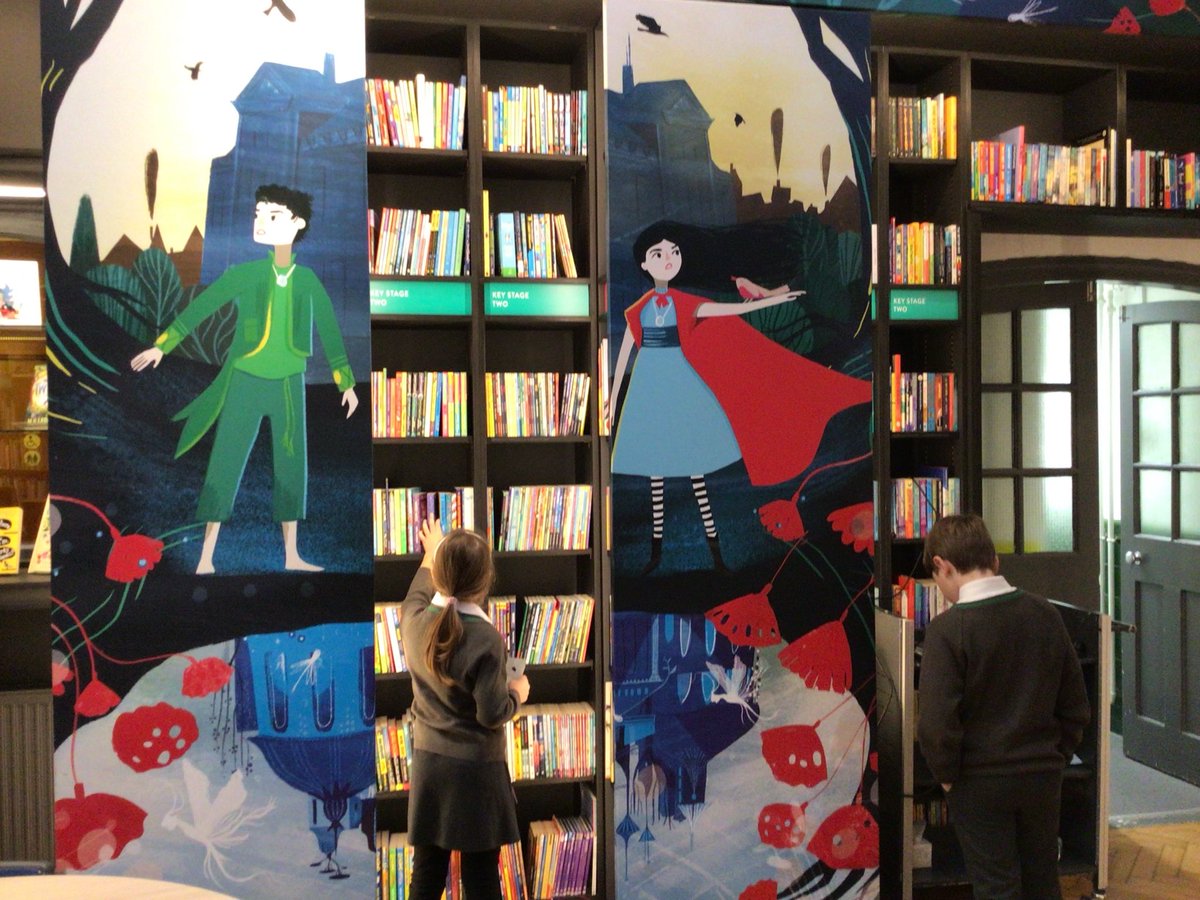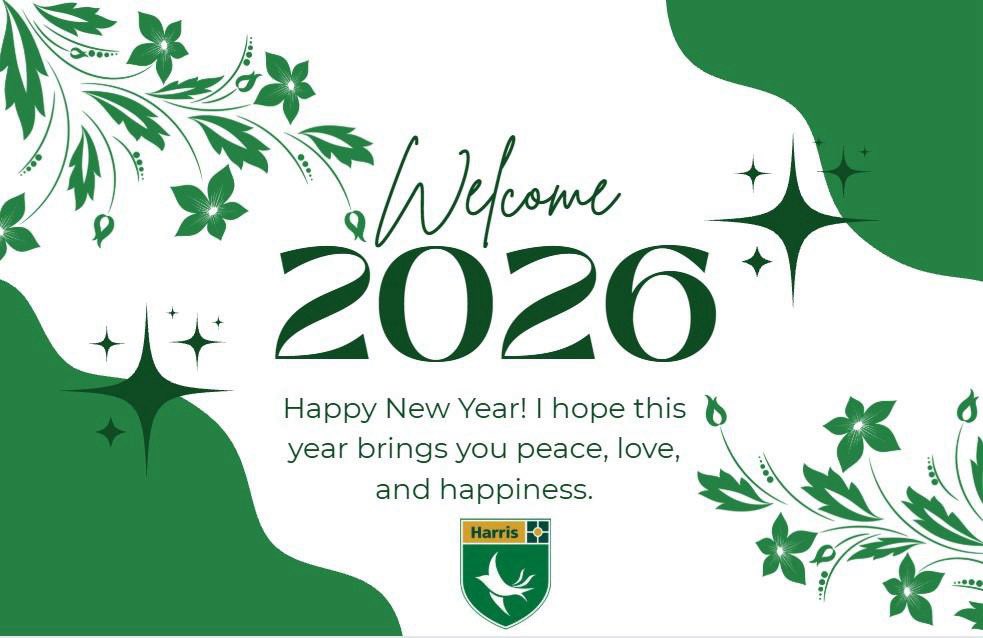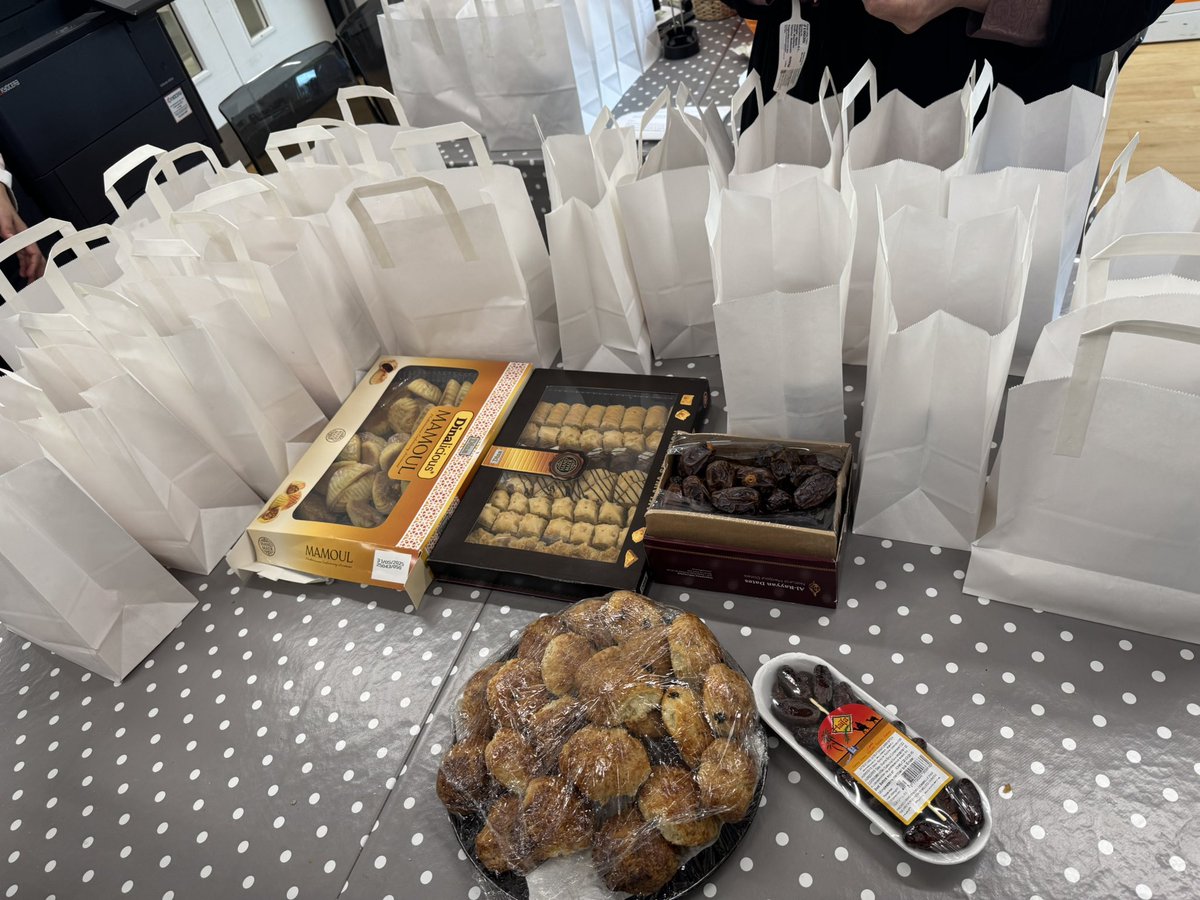Mathematics
Mathematics
Intent:
At Harris Primary Academy Haling Park we believe that children from all backgrounds can succeed in Mathematics. Our focus is on raising standards – working together to show what pupils are capable of and to find effective ways to enable every child to succeed.
We aim for children to study different areas of the Maths curriculum and develop a greater understanding of these areas.
Three key features of our maths teaching include:
· High expectations for every child
· More time on fewer topics
· Problem-solving at the heart
We aim to embed a deep understanding of maths by employing the concrete, pictorial, abstract approach across all phases by using concrete materials (e.g. objects) and pictorial representations (e.g. pictures, diagrams) alongside the use of numbers and symbols. This supports pupils to develop a deeper conceptual understanding of the underlying mathematical structure; enabling children to master the concepts taught and developing a deep understanding of mathematics.
We emphasise:
Language – communicating ideas, proof, clarity and development of mathematical concepts.
Thinking – questioning and task design to promote mathematical thinking.
Understanding – using the concrete, pictorial and abstract approach to deepen conceptual understanding, and making connections to previous learning, to other subjects.
Problem Solving – to be mathematical is to solve mathematical problems. Problem solving is both why and how we learn mathematics.
We aim to ensure that all children:
- become fluent in the fundamentals of mathematics, including through varied and frequent practice with increasingly complex problems over time, so that they have conceptual understanding and are able to recall and apply their knowledge rapidly and accurately to problems
- reason mathematically by following a line of enquiry, conjecturing relationships and generalisations, and developing an argument, justification or proof using mathematical language
- can solve problems by applying their mathematics to a variety of routine and non-routine problems with increasing sophistication, including breaking down problems into a series of simpler steps and persevering in seeking solutions.
Implementation:
Curriculum Time
To provide adequate time for developing Mathematical skills, each class teacher will provide at least five daily mathematics lessons per week. This will usually last for about 60 minutes.
Foundation Stage
Children count reliably with numbers from 1 to 20, use the operations addition and subtraction and solve problems, including doubling, halving and sharing.
Children use everyday language to talk about size, weight, capacity, position, distance, time and money to compare quantities and objects and to solve problems.
Key Stage 1
The principal focus of mathematics teaching in Key Stage 1 is to ensure that children develop confidence and mental fluency with whole numbers, counting and place value. This involves working with numerals, words and the four operations.
Lower Key Stage 2 – Years 3-4
The principal focus of mathematics teaching in lower Key Stage 2 is to ensure that children become increasingly fluent with whole numbers and the four operations, including number facts and the concept of place value. This should ensure that children develop efficient written and mental methods and perform calculations accurately with increasingly large whole numbers. At this stage, children develop their ability to solve a range of problems, including with simple fractions and decimal place value.
Teaching should also ensure that pupils draw with increasing accuracy and develop mathematical reasoning so they can analyse shapes and their properties, and confidently describe the relationships between them. It should ensure that they can use measuring instruments with accuracy and make connections between measure and number. By the end of year 4, pupils should have memorised their multiplication tables up to and including the 12 multiplication table and show precision and fluency in their work. Pupils should read and spell mathematical vocabulary correctly and confidently, using their growing word reading knowledge and their knowledge of spelling.
Upper Key Stage 2 – Years 5-6
The principal focus of mathematics teaching in upper Key Stage 2 is to ensure that children extend their understanding of the number system and place value to include larger integers. This should develop the connections that children make between multiplication and division with fractions, decimals, percentages and ratio.
At this stage, children develop their ability to solve a wider range of problems, including increasingly complex properties of numbers and arithmetic, and problems demanding efficient written and mental methods of calculation. With this foundation in arithmetic, children are introduced to the language of algebra as a means for solving a variety of problems. Teaching in geometry and measures should consolidate and extend knowledge developed in number. Teaching should also ensure that pupils classify shapes with increasingly complex geometric properties and that they learn the vocabulary they need to describe them.
By the end of Year 6, the aim is for the children to be fluent in written methods for all four operations, including long multiplication and division, and in working with fractions, decimals and percentages.Pupils should read, spell and pronounce mathematical vocabulary correctly.
Resources
At HPAHP we use a range of resource to support the teaching and learning of Mathematics. We follow the recommended progression from the ‘Maths No Problem’ textbooks, and also use ‘White Rose Maths’ support problem solving.
Typical Daily Lesson
A typical maths lesson would look like this:
Starter: To develop fluency and review previous learning
Teach and Talk input: Here the teacher gives a whole-class input, with lots of opportunities for children to talk to their partner about particular questions, apply their learning to mini-tasks, and clarify misconceptions.
Extended Partner Practice: Here the children are having a go at the day’s new learning in what might be a game, a sheet with the same layout as your teaching, but with different numbers, some sort of physical resource that they will use to solve a problem. At this point, the teacher can move around the room, and assess how well children have understood the learning.
Written Task: Here the children are independently completing the tasks, which, after the ‘teach and talk’, and ‘partner practice’, are accessible and understood. We use a sticker system that progresses from fluency to problem solving and reasoning as the independent tasks for the children to complete.
| Sticker One - Must be accessible by all |
Sticker Two |
Sticker Three |
Sticker Four |
|
-in your class (i.e. everyone needs to meet the LO). So this will be different for every class. Ask yourself – will everyone get this question right? |
- Is then moving to an abstracted form of the first question (e.g. might be three or four column method questions, with a pattern).
|
- Is applying the mathematical skill in a different way, e.g.
|
- Is often an open-ended, challenging, deepening question. They might need to explain, or reason. - These can often be taken or adapted from the NCETM mastery assessment documents, NRICH, and the White Rose Maths (WRMaths on TES) |
Impact:
In lessons we use formative assessment to help decide on what we should do next with pupils and the progress they are making. This allows us to understand how to support and extend our pupils appropriately.
Teachers recognise the difference between performance and learning and understand that pupil performance in the lesson today does not necessarily translate into the type of learning that will be evident tomorrow. As a result, the use of low stakes tests (in the form of spaced retrieval practice) enable staff to regularly assess what learning has been retained by pupils over longer periods of time. This also provides pupils with the regular opportunity of retrieving information from memory, which consequently facilitates learning.
This includes:
- assessment for learning
- pupil voice
- challenge tasks
- quizzing, multiple choice and end of unit questions
- standards of learning in books
- spaced retrieval practice
At three assessment points, pupils also sit a standardised test so that gaps can be analysed on a class, academy and federation level. These assessments address the three key elements of the curriculum; fluency, reasoning and problem solving.
















